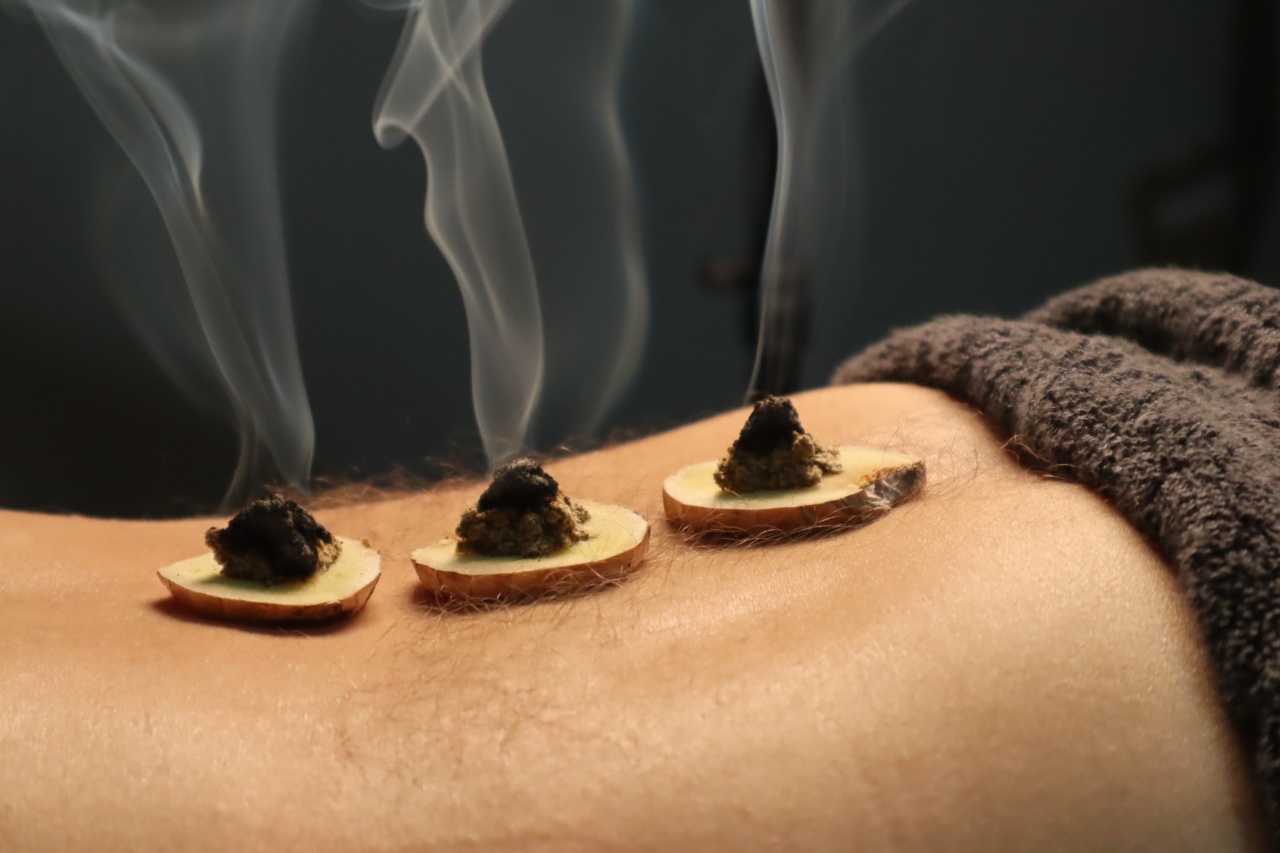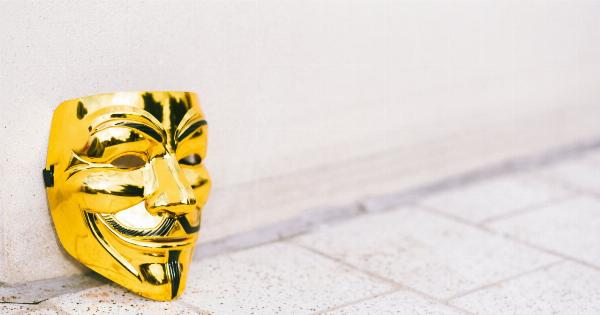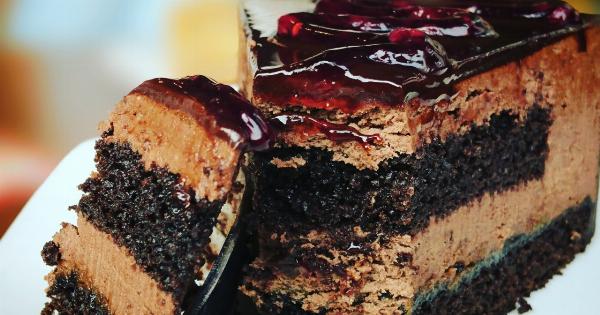Butter is commonly believed to be a go-to remedy for burns due to its soothing effect and cool temperature. However, this practice is not recommended by medical professionals.
In fact, using butter on burns can worsen the injury and delay the healing process. In this article, we will discuss why butter isn’t the best remedy for burns and what other alternatives you can use instead.
Why butter is not recommended for burns?
Butter is a dairy product composed mostly of fat, which creates a barrier on the skin that traps heat and moisture. While this may prevent air from reaching the burn, it can also lead to more damage to the affected area.
The fat content of butter can further damage the skin cells by reducing the circulation of air and oxygen, which is vital for healing. In addition, contamination in the butter can lead to infection in the wound, making it more severe.
What are the risks of using butter on burns?
Butter is not a sterile product, and its usage on burns can result in further damage to the affected area. The contaminated butter can introduce bacteria into the wound, accelerating the inflammation and delaying healing.
Its fat content can also interfere with dressing changes, which can be detrimental to the healing process. Additionally, an allergic reaction to butter can cause complications, leading to more severe medical conditions.
What are the alternatives to using butter on burns?
There are many alternatives to using butter on burns that can provide immediate relief and protect the skin. Here are a few remedies that you can use:.
Cool water
Rushing the burn under cold water for at least 10 minutes can relieve pain and prevent swelling. The cool water helps to bring down the temperature of the affected area and soothe the skin.
It is essential to avoid using ice water as it can cause further damage to the skin.
Ibuprofen or acetaminophen
Pain relievers such as ibuprofen and acetaminophen can help to ease pain and discomfort from the burn. These medications can also control fever, which is a common symptom of severe burns.
Aloe vera
Aloe vera is a natural plant-based remedy that has anti-inflammatory and pain-relieving properties. The gel extracted from the aloe vera plant helps to cool and soothe the skin, promoting rapid healing.
Applying aloe vera gel on the burn can also prevent scarring.
Vitamin E oil
Vitamin E oil is a potent antioxidant that promotes the healing of burnt skin. The oil helps to moisturize and hydrate the skin, which is essential for healing. Applying vitamin E oil on the burn can help reduce inflammation and prevent scarring.
Honey
Honey is a natural antibacterial and anti-inflammatory agent that also helps to reduce pain and promote wound healing. Applying honey on the burn can provide a protective barrier that prevents wound infection and speeds up the healing process.
Clean, sterile dressing
Proper wound care is essential in treating burns. After cleaning the affected area with cool water, apply a clean, sterile dressing over the wound. This helps to prevent infection and promote proper healing.
Dressings should be changed regularly, at least once a day, for better outcomes.
How to prevent burns?
Even though burns can happen unexpectedly, there are things you can do to prevent them from occurring. Some of the precautions you can take include:.
- Keeping hot liquids, food, and other materials out of reach of children
- Using gloves when handling hot materials and substances
- Keeping flammable materials away from fire sources like candles and stoves
- Being cautious when handling hot objects like irons and curling irons
- Keeping a first-aid kit at home or work to deal with emergencies
Conclusion
Butter is not the best remedy for burns, and its usage can lead to complications, including infection and worsened injuries.
Instead, it is recommended to use other alternatives such as cool water, aloe vera, vitamin E oil, honey, and clean, sterile dressing. It is also essential to take precautions to prevent burns from occurring in the first place.



























